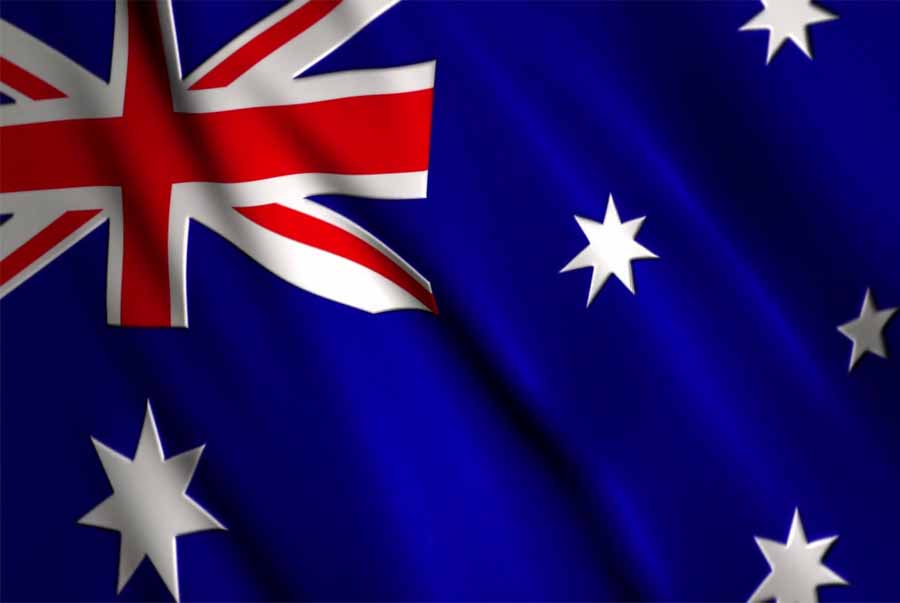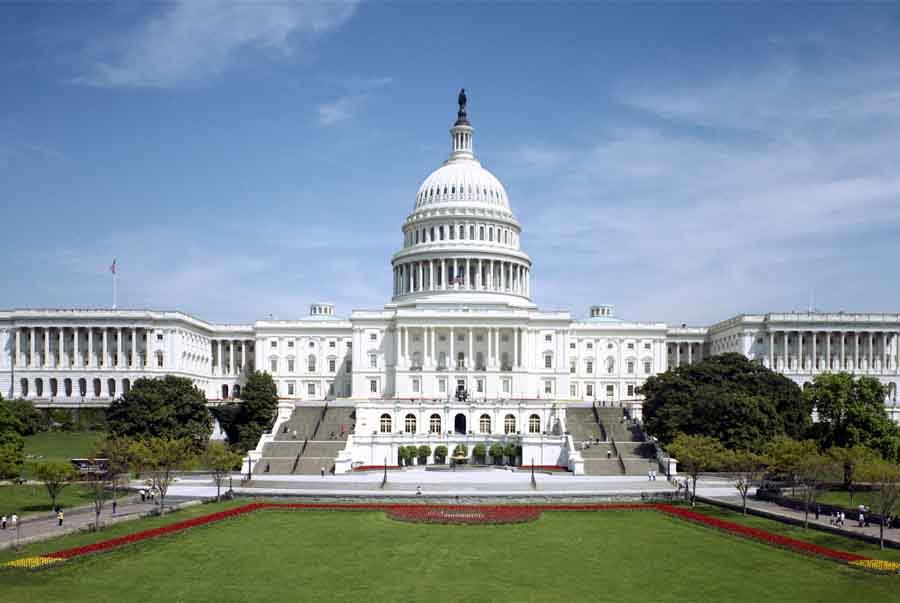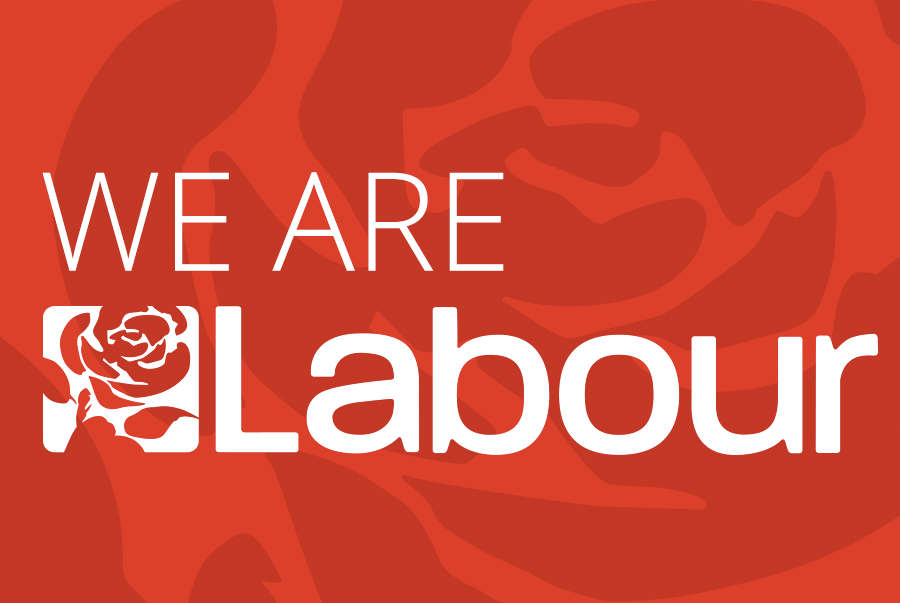The online gambling market in Australia has undergone some significant changes over the course of the past few years, as lawmakers aim to cut down on offshore gambling. Now, it has been reported that offshore gambling activity is expected to drop by over half in the coming year.
Online Gambling Reform
In 2017, Australia authorities enforced reforms that gave the Australian Communications and Media Authority (ACMA) more power to take action against unlicensed online casino operators. This meant that offshore gambling sites would face maximum penalties of $8 million per day if they continue to offer services to Australian players.
“Over the past year, we’ve moved decisively to disrupt the provision of illegal offshore gambling to Australians,” says Nerida O’Loughlin, Chair of ACMA. “If you provide prohibited or unlicensed gambling services to customers in Australia, you are breaching Australian law and we will take enforcement action.”
Since then, the ACMA has investigated nearly 140 websites. It was found that 58 weren’t offering their services to Australians after all, but the figure increased to 83 after the reform was introduced. As such, ACMA’s compliance action is certainly working in helping Australian authorities do away with unlicensed online gambling.
As a result of the reforms, ACMA anticipates that online gambling activity will drop by 50 over the course of the next year. In 2017, $450 million was spent at offshore casino websites, and it is expected that the number will drop to $200 million by the end of this year.
The reform has been an effective method of culling unlicensed gambling operators. It is quite an interesting stance, considering most countries are moving towards online gambling regulation while Australia is trying to get further and further away from it.
Australia’s Gambling Problem
For years, the Australian government has been working hard to reduce problem gambling rates across the country. In 2016, it was found that Australians lost more money to gambling than in any other developed country. Australians lost $990 per person – much more than players in Singapore, the runner-up, who lost $650 per person.
It seems that authorities in the country are targeting offshore gambling because it provides players with yet another outlet for spending money on casino games and sports betting. As such, Australian lawmakers refuse to license online casino websites and want to stop any online operators from doing so.
There’s no telling if these reforms to stop offshore gambling will actually reduce problem gambling rates in Australia. However, it is still an effective campaign that has reduced the number of offshore casino sites in the country. Only time will tell if this will be a good thing for Australians, stopping problem gambling from becoming an even bigger problem.










